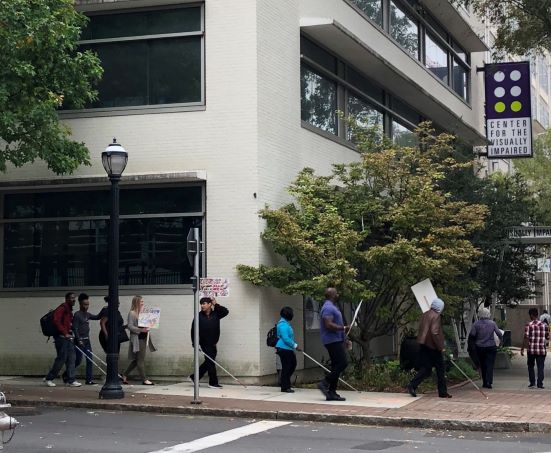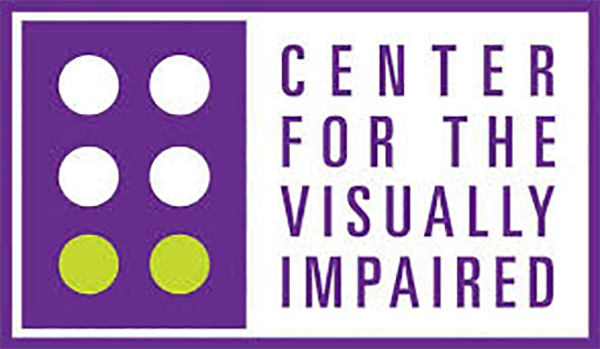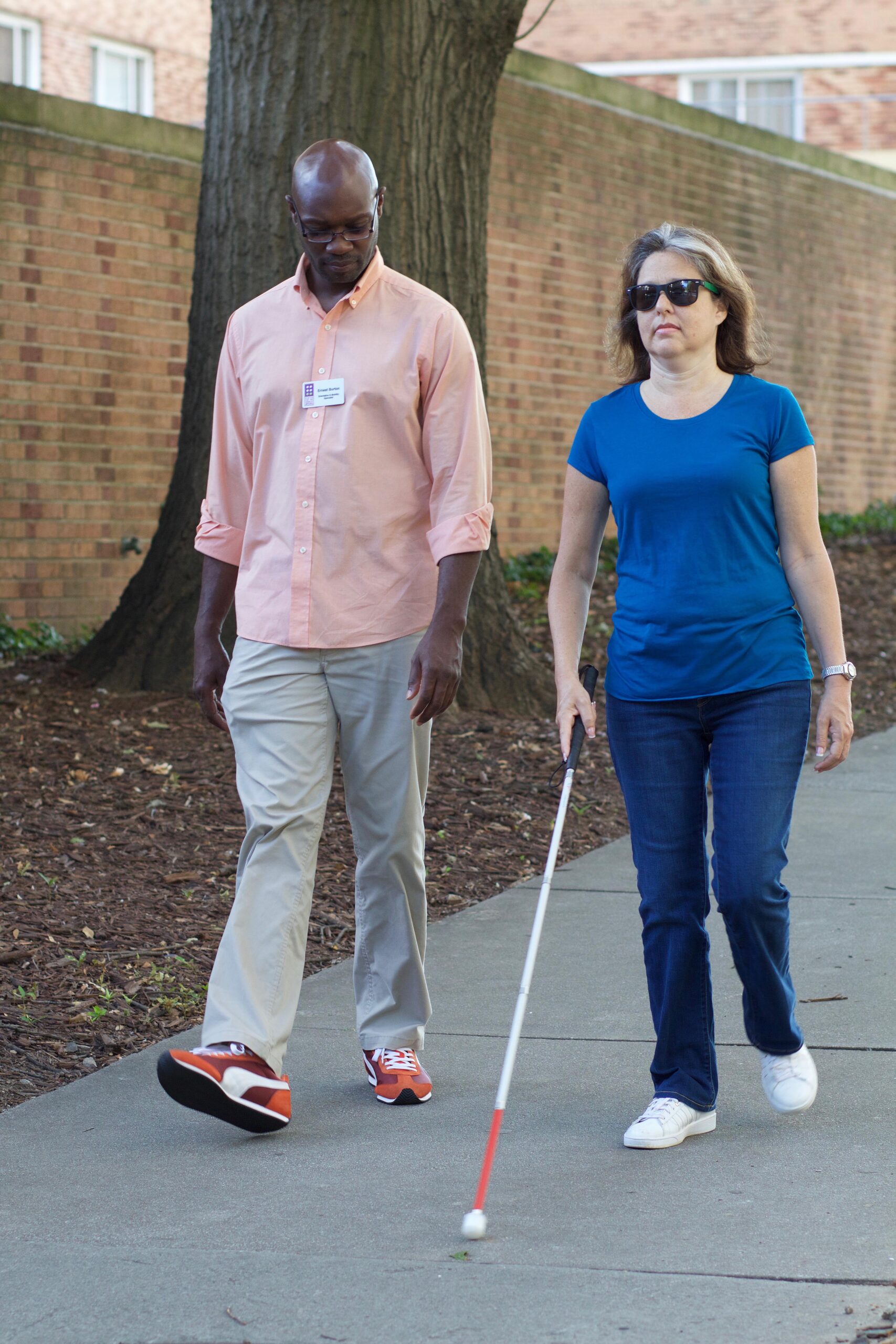In 1964, President Lyndon B. Johnson proclaimed October 15 as White Cane Safety Day. The President’s proclamation emphasized the significance of the use of the white cane as both a tool and as a visible symbol by those who are blind and visually impaired. Over the years, it became more of an awareness day; celebrating the achievements of people who are blind or visually impaired.
Surprisingly, there are still many people who do not know what the white cane is. So we thought today was the perfect day to ask the experts at the Center for the Visually Impaired for some background on the white cane.
Here’s a brief Q&A with Ernest Burton, one of CVI’s certified orientation & mobility specialists:

Q: Why is the white cane important to someone who is blind or visually impaired?
A: The white cane allows individuals who are blind or visually impaired to feel confident in navigating their surroundings and provides them with greater independence.
Q: What did people use to help them get around before the invention of the white cane?
A: Before they had the white cane, people who were blind or visually impaired used whatever they thought could help them travel or navigate their surroundings including other people, dogs, staffs, sticks, and sounds.
Q: What does someone who is blind or visually impaired use the white cane for?
A: The white cane is a tool used to alert the user of items in their path and to safely cross streets providing them with confidence in knowing they can safely travel. It also helps others identify them as being blind or visually impaired.
Q: Why do you think White Cane Awareness Day is important?
A: White Cane Awareness Day is an opportunity to educate sighted individuals about the importance of the white cane and brings attention to and recognizes what can be accomplished by people who are blind or visually impaired when the appropriate resources and opportunities are available to them.
Orientation and Mobility training helps someone living with vision loss gain the confidence they need to navigate their home and the environment safely. The Center for the Visually Impaired provides this and other training at our Midtown location so that people experiencing vision loss can continue to live full, independent lives.
For more information about any of the training available, call us at 404-875-9011.

